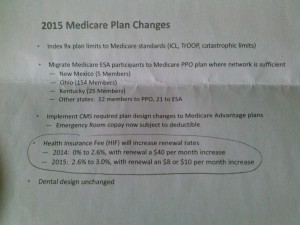Have House Republicans Cast Their First Vote for Obamacare?
A similar version of this Health Alert appeared at Forbes.
Former Speaker of the U.S. Representatives Newt Gingrich said something last week that many feared, but few have been willing to admit: Republicans in Congress have no intention of repealing and replacing Obamacare with patient-centered health reform.
Faced with an interviewer who seemed to believe opposition to Obamacare is actually opposition to Barack Obama, and who suggested that after this president leaves office, opposition will soften, Mr. Gingrich accused his former colleagues of misrepresenting their commitment.
Now that we are in the twilight of the Obama presidency, and Republicans have majorities in both chambers of Congress, they should be able to put such charges to rest. Unfortunately, last week’s overwhelming bipartisan support in the House of Representatives for a deal to lock in Obamacare’s way of paying doctors sends a terrible signal.




